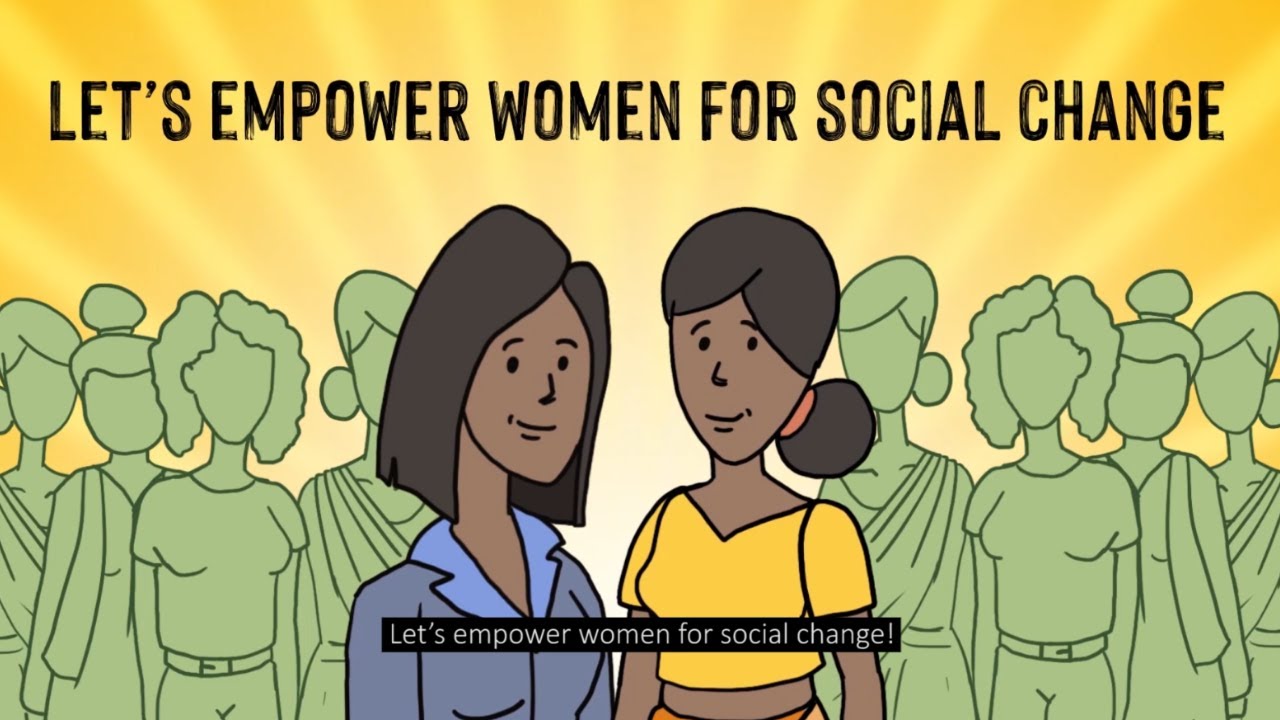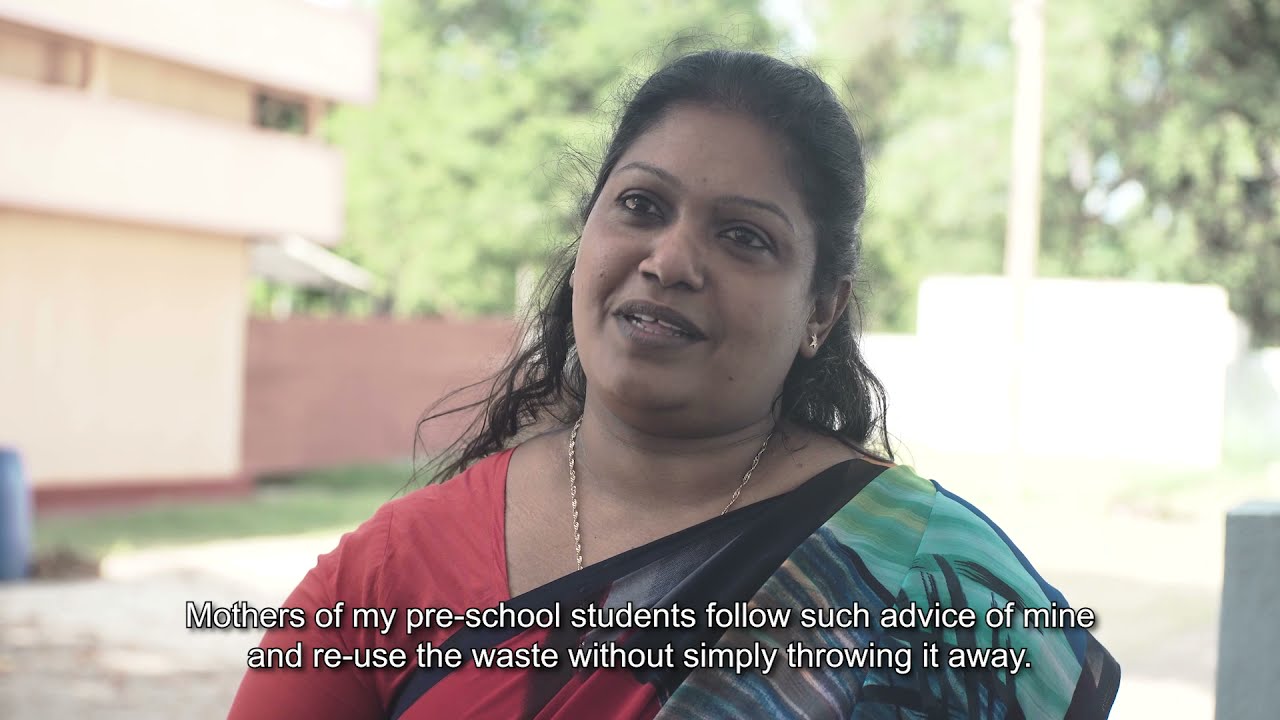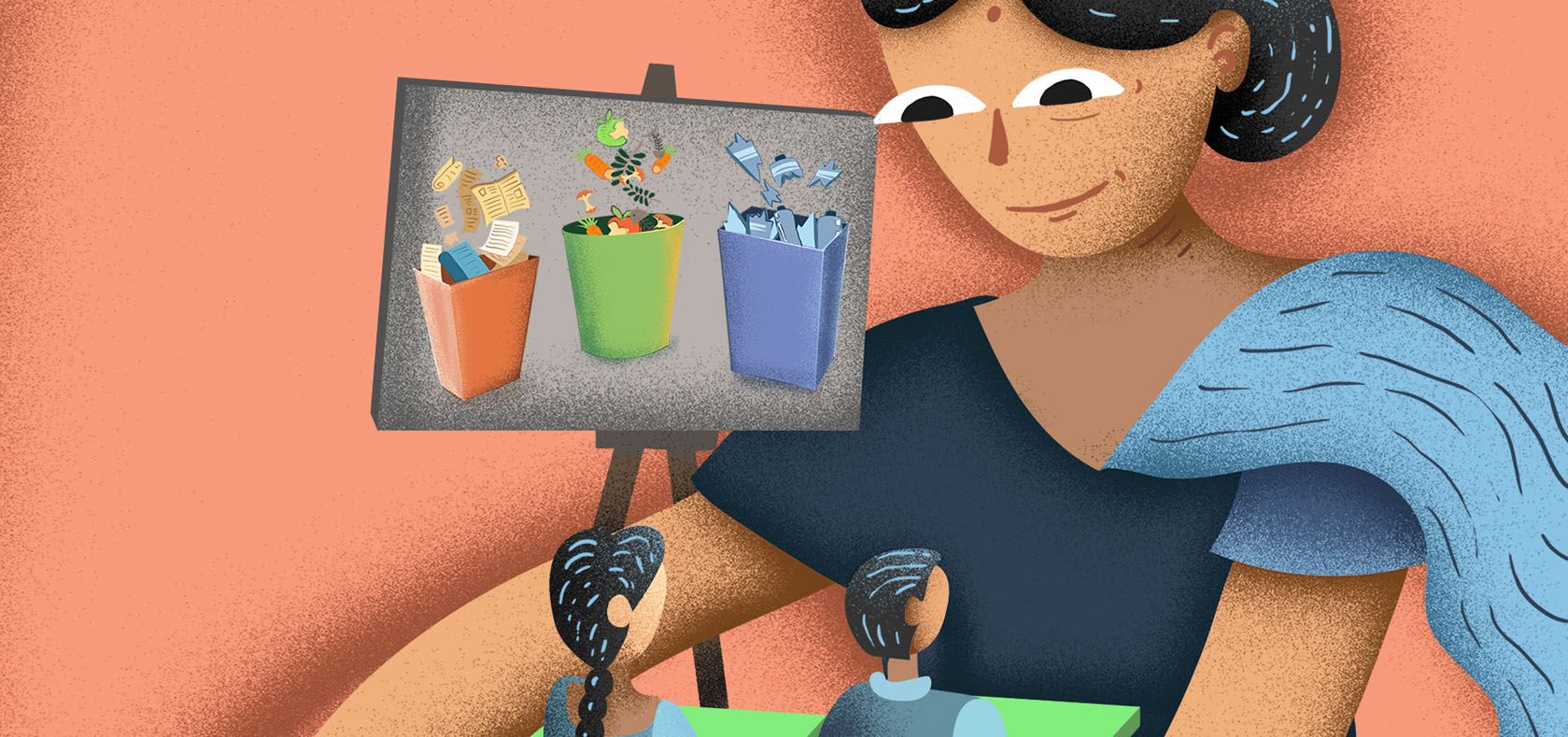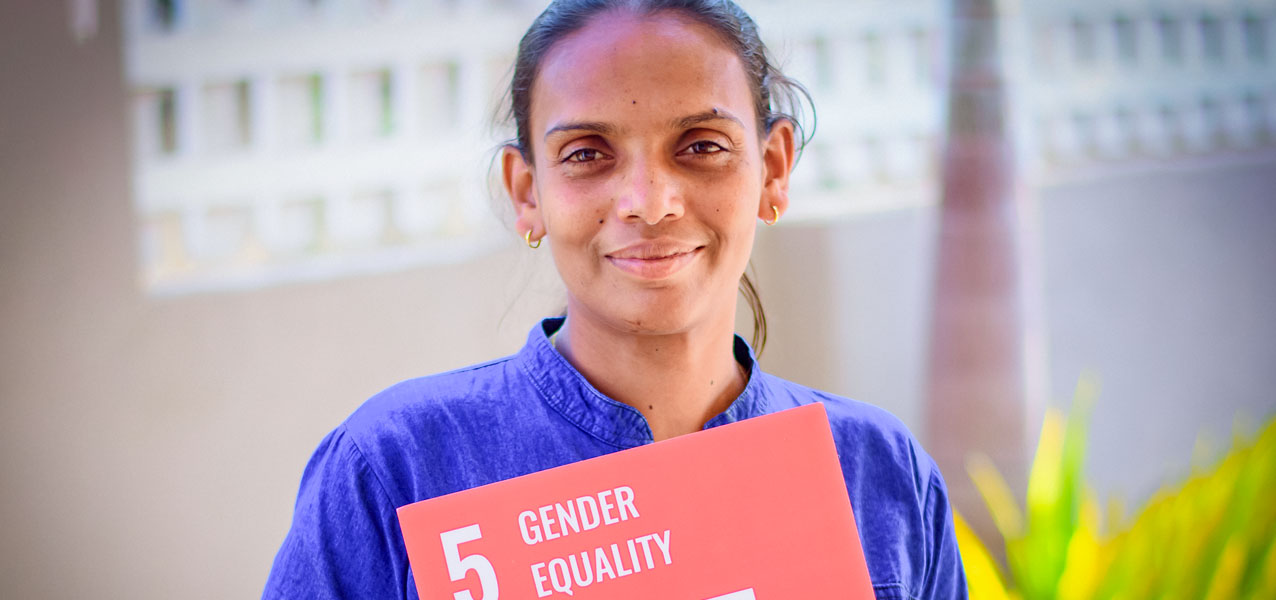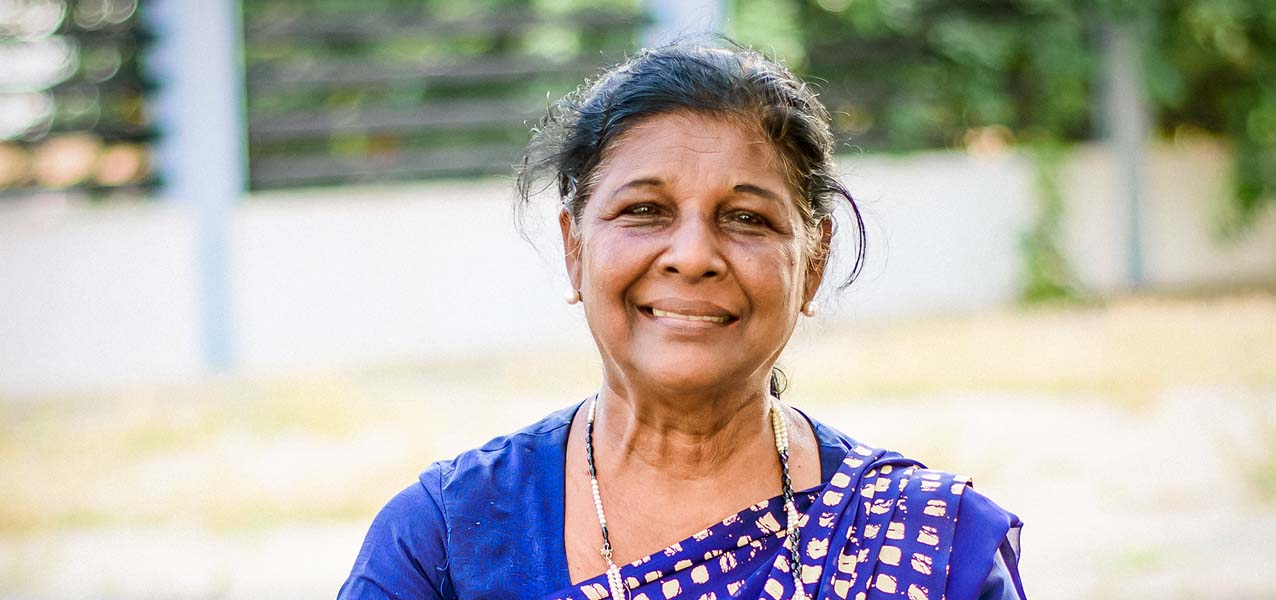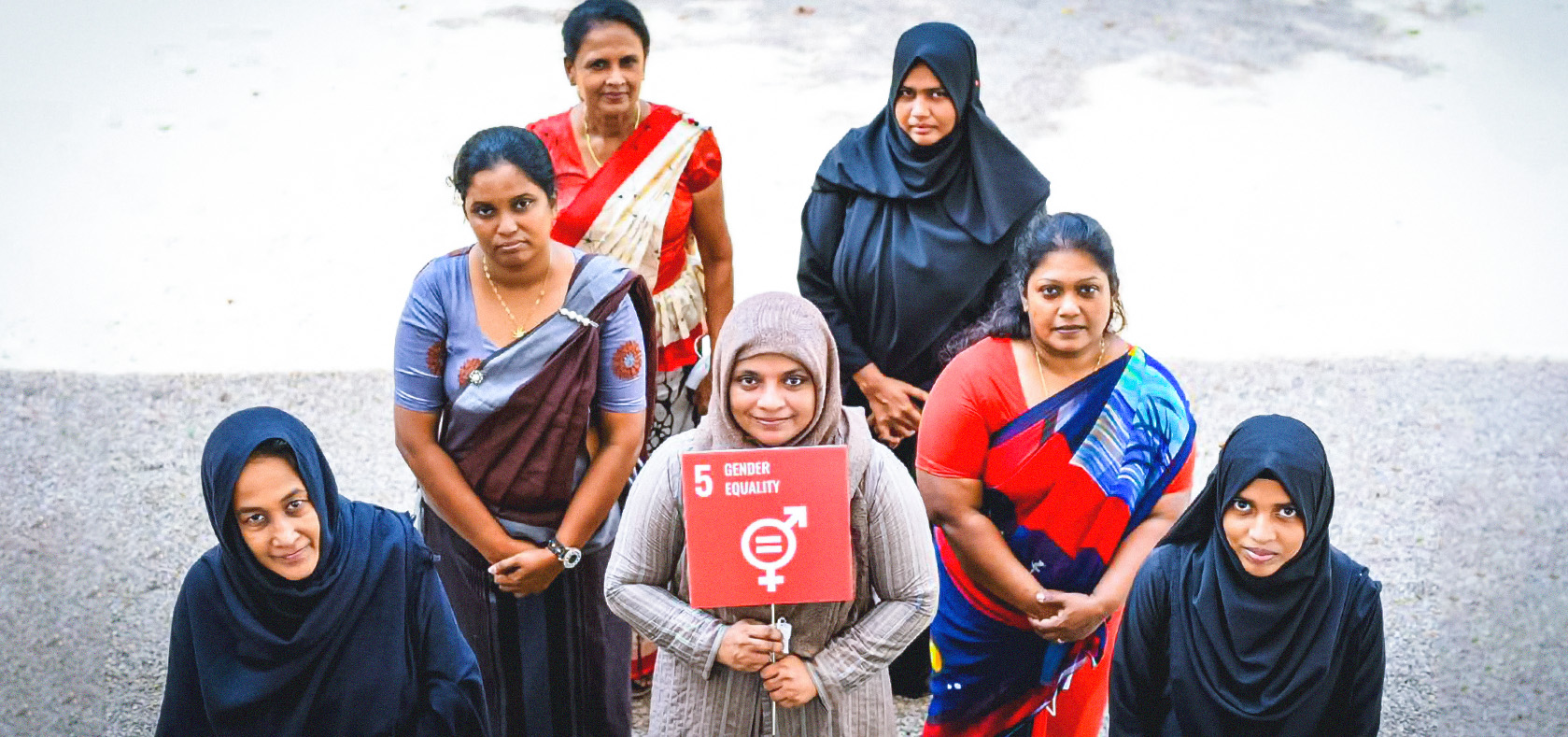
Women’s leadership in governance and decision-making
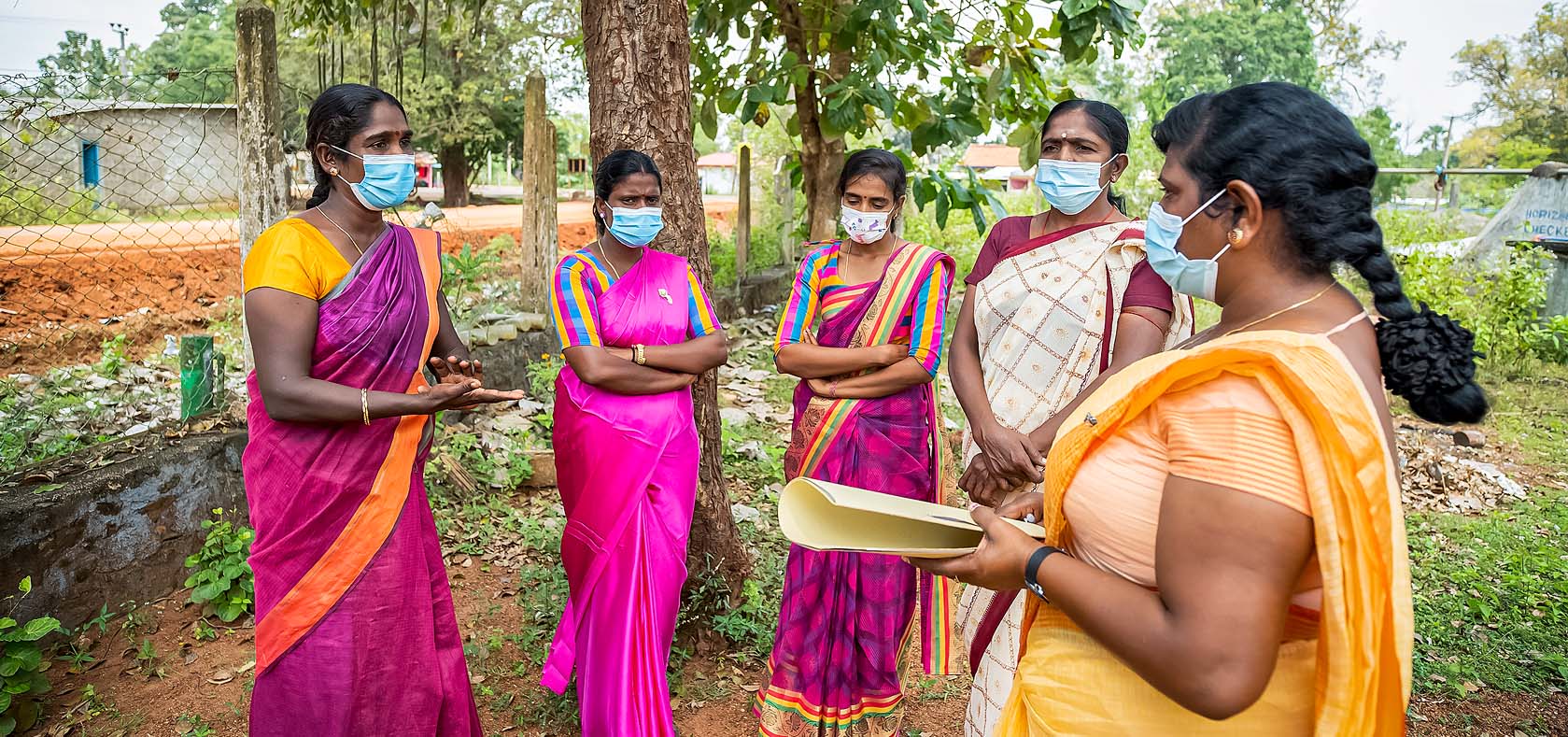
The issue
Women’s representation and participation in leadership in Sri Lanka remains abysmally low. At national levels of government, there are no women in the Cabinet of Ministers and only 5.3 per cent of Parliament members are women. The representation of women legislators at the national level has never exceeded 7 per cent throughout Sri Lanka’s electoral history since 1931. While Sri Lanka has legislated a 25 per cent quota for women’s representation in local government, women in these positions are often kept from meaningful leadership through harassment, exclusion, and dismissal. In the upcoming years, even as the greater participation of women becomes more relevant in crisis, it is likely to regress due to negative public perceptions of the capacity of women to lead and support recovery from crisis.
How are we making a difference?
- UN Women continues to advocate for increased women’s political participation to ensure that women are represented at all levels of government and continues to strengthen leadership capacity among women in politics through dialogue and intermediate interventions.
- Working with the Government and other partners, UN Women contributed to incorporating gender within the budget call circulars in 2016, provided trainings for government officials on gender-responsive budgeting and carried out the first comprehensive gender analysis of Sri Lanka’s national budget in 2019 to institutionalize gender responsive budgeting.
Together with civil society, UN Women contributed to bringing about Sri Lanka’s first quota for women’s political representation at the local level. UN Women also built capacities of over 300 first-time female local councillors in 16 districts and facilitates dialogue between women in politics and their constituencies – to change social mindsets and enable stronger community-backed leadership.

